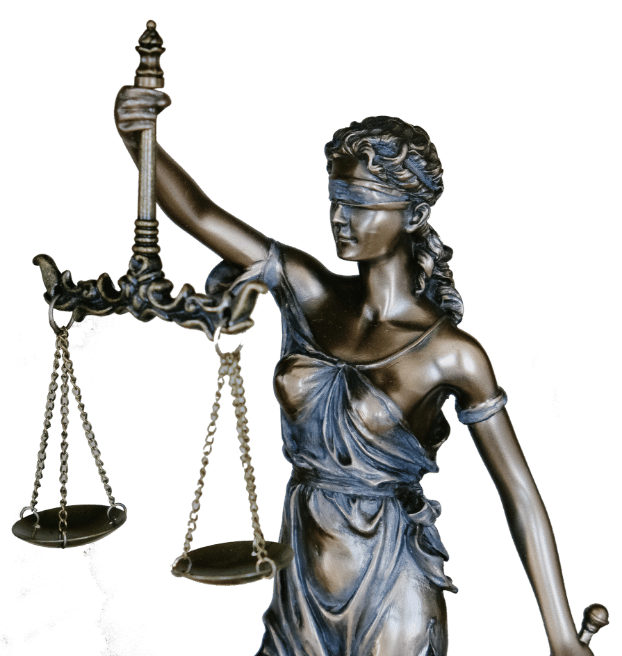How Federal vs State Jurisdiction Impacts Your Houston Criminal Case
If you are facing criminal charges in Houston, it is essential to understand whether your case will be handled in state cour
Read More
Call 24/7 For A Free Consultation
Since 2015, the Houston Police Department has been using body-worn cameras, and by 2023, it had captured nearly 2.7 million videos of public interactions. In a push for greater transparency, the department committed in 2021 to releasing footage of critical incidents within 30 days, resulting in 83 videos being made public. As body cameras become a standard tool in law enforcement, they bring advantages and challenges to legal cases.
One of the most significant advantages of body cameras is their ability to provide clear, objective evidence of what actually occurred. If you’ve been wrongfully accused of resisting arrest or feel that the police used excessive force, body camera footage can serve as your strongest ally. Video evidence can paint an accurate picture of your behavior during the interaction, refuting false claims and showing the context in which events unfolded.
Having video footage of an encounter can dramatically improve your credibility, especially if your actions were calm and cooperative. Footage that shows you in a good light can help support your claims, such as an officer failing to explain your rights or neglecting proper procedures during an arrest.
Juries tend to respond strongly to visual evidence. Unlike witness testimony, which can sometimes be conflicting or unclear, body camera footage provides a direct and impartial account of what occurred. This can influence how jurors view your case, often leading to more favorable outcomes.
While body cameras can help your defense, they can also work against you. If the footage shows you acting aggressively or in a way that contradicts your testimony, it could make it harder to fight the charges. Prosecutors will likely use any incriminating footage to strengthen their case, making it essential to review the footage with a skilled attorney before going to court.
Body cameras don’t always capture everything. The camera’s angle often limits them or what’s within view, meaning key details might be missing. Additionally, audio may not always be clear, leading to potential misunderstandings of what was said or done during the encounter.
There’s also the issue of access. While officers are required to turn on their cameras during interactions, there have been instances where footage conveniently goes missing or is delayed in being released. Sometimes, only selective clips are shown, which may portray events in a way that benefits the prosecution.

You must obtain body camera footage through legal discovery to use body camera footage in your defense. Your lawyer will file motions to secure the footage, and once it’s in hand, it can be analyzed for inconsistencies, misinterpretations, or gaps.
While it’s rare, concerns about the potential for editing or manipulating footage exist. Rest assured, legal safeguards are in place to prevent this, and any tampering with the footage can be grounds for dismissing evidence altogether.
The footage’s admissibility depends on several factors, including the chain of custody and whether the footage is deemed reliable. Your lawyer can guide you through this process, ensuring the footage works in your favor and isn’t used improperly.
When your case involves police body camera footage, you need a lawyer with deep knowledge of how to handle this evidence. Robert Fickman is known for his aggressive defense strategies and commitment to protecting the rights of his clients in Houston. With his extensive experience, Robert knows how to challenge video evidence to ensure it’s used fairly in your case. Contact Robert Fickman today at (713) 655-7400 for a consultation and to begin building a defense that puts your interests first.

If you are facing criminal charges in Houston, it is essential to understand whether your case will be handled in state court or federal court. This distinction affects investigations, charging decisions, trial procedures, and potential sentences.
Robert J. Fickman is …
Being charged with violating the Federal Racketeer Influenced and Corrupt Organizations Act (RICO) can be among the most serious criminal charges an individual can face in any Federal court. These charges involve complex allegations that the accused was part of …
When facing federal charges where self-defense is a factor, a Houston federal criminal defense attorney who understands both state and federal law becomes essential to your defense.
Criminal Defense Lawyer Robert J. Fickman has defended the accused in State and …